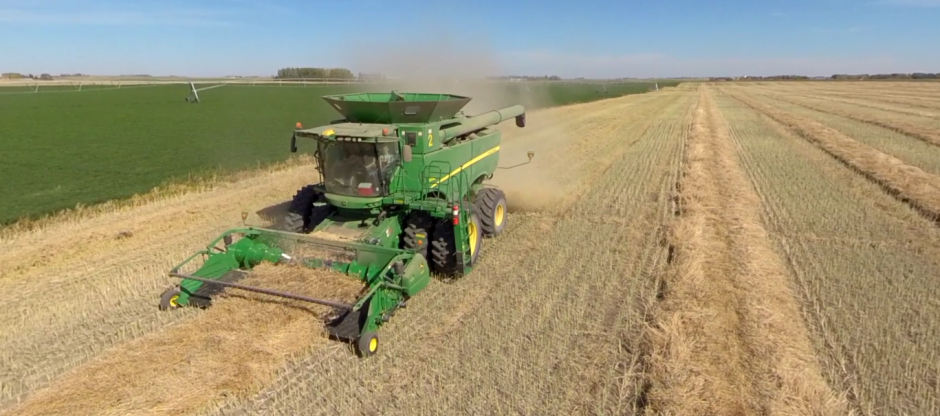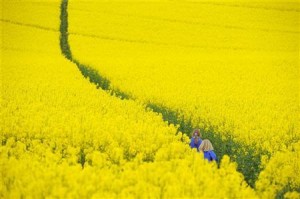Paydirt: Investing in land, Published by http://www.moneysense.ca/invest/paydirt-investing-in-land by Romana King
Canadian cities are growing fast. If you invest in the right land before the developers do, you could make millions.
Twenty years ago, Anne Schmidt thought the 50 acres of land she lived on wasn’t good for much. Her scrubby plot mainly served as a buffer between her quaint farmhouse and the rapidly-growing suburbs of nearby Barrie, Ont. Zoned for rural development, she and her then-husband knew the plot wasn’t even good farmland. But there was enough room for their two Ford pick-up trucks and plenty of time to consider how one day they might make the most of it by building their dream home.
So you can’t blame Anne for being caught off-guard when a housing developer came knocking 15 years ago offering her an astounding $600,000 for 40 acres of her land. Almost as suddenly as he appeared, the deal fell through. But Anne realized that her land wasn’t good for nothing after all: Barrie had become one of Canada’s fastest-growing cities and it was only a matter of time before the developers came knocking again. The only barrier? That her land wasn’t zoned for housing development.
Today, in her mid-50s, Anne has almost completed the long, complicated task of rezoning and selling off 40 acres of her land. She didn’t expect that it would take more than a decade to accomplish, but she has no regrets. After all, she’s right on the verge of every land investor’s dream payoff. When she completes the sale in a couple of years she expects to clear more than $3 million before costs.
For many people, land is the ultimate investment. As the saying goes, they’re not making any more of it. Even before the last spike was driven home in Canada’s transcontinental railroad in 1885, savvy speculators were trying to hit paydirt by purchasing cheap land with lots of potential, then selling it for a tidy profit when demand grew.
But investing in land isn’t always a walk in the park. As anyone who’s been tempted by swampland in Florida can tell you, for every legitimate potential investment, there are dozens of unwise gambles and outright scams. The key to making money is to know exactly what to look for when you’re choosing your investment, as well as the steps you need to take to turn a worthless piece of land into a gold mine (sometimes literally).
If you’ve ever wondered about whether you too could make money investing in land, read on. We’ll tell you about five key strategies for making it work: flipping land, developing it yourself, buying an infill property, renting it out, and exploiting its natural resources. Just as importantly, we’ll tell you everything you need to know to avoid getting suckered into a bad deal.
Read Paydirt: Make money while you wait
A plot gone wrong
In the late 1980s Toronto was in the midst of a housing boom and three local businessmen figured they had a surefire scheme to make millions. The trio of investors paid $2.2 million for a plot of land at 31A and 33 Parliament St., on the east side of the city’s downtown core. The property market was white-hot and their intention was to cash in by immediately flipping the land to a housing developer, who would then go through the process of rezoning the property from industrial to residential development. Advertisement
But what Michael Kilbride, Norman Rothberg and Hollace Wong didn’t realize was that their plot was badly contaminated. An auto wrecker had once operated on the property and empty oil drums and other hazardous waste were still scattered about. Quickly, the syndicate of investors learned that the environmental hazards contained in their property made it virtually unsellable. Worse, as they considered their options, the local real estate market peaked and by 1992 it was in free fall. By that point, they couldn’t even give the land away. They spent the next eight years and tens of thousands of dollars in a legal battle. In the end each walked away with a massive loss.
The maneuver Kilbride, Rothberg and Wong attempted was the classic land flip. You buy up a piece of raw, undeveloped or under-developed land, then flip it fairly quickly to a developer for profit. But while it sounds simple, land flipping is fraught with risks and complications.


